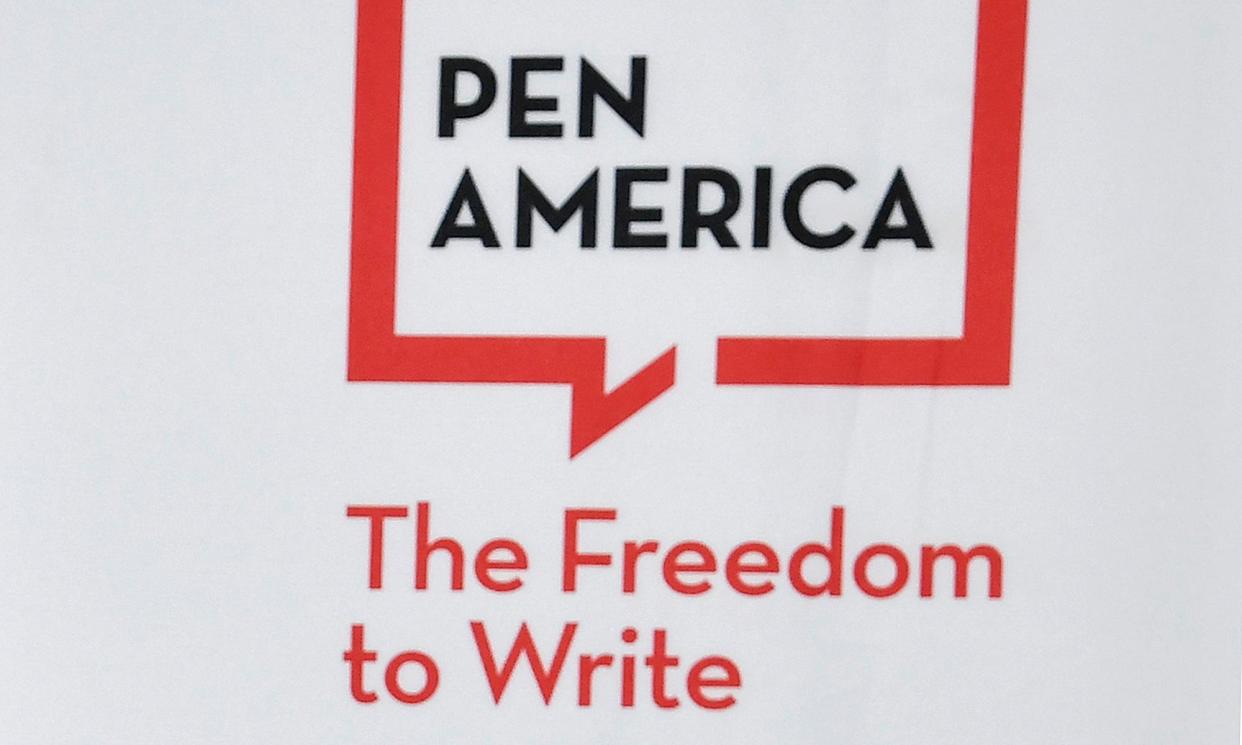Writers withdraw from PEN America literary awards in support of Gaza

Thirty-one authors and translators have withdrawn their work from consideration for or declined PEN America’s 2024 literary awards over the organisation’s “failure to protect” Palestinian writers in Gaza.
Nine out of 10 longlistees for the PEN/Jean Stein book award, worth $75,000 (£60,143), have withdrawn their books. Christina Sharpe, Catherine Lacey and Joseph Earl Thomas are among the withdrawing writers.
Twenty-one of the withdrawing authors, along with nine additional writers, signed a letter on Tuesday calling for the immediate resignation of the organisation’s CEO, Suzanne Nossel; the president, Jennifer Finney Boylan and the entire executive committee.
The letter highlights the “stark contrast” between the stance of PEN America and those of other PEN centres around the world. “English PEN, in tandem with Irish PEN and Wales PEN Cymru, have been vocally critical of the UK government’s uncritical support for Israel, have called for investigations into the sale of arms to Israel, and have demanded political pressure for Israel to comply with international law. PEN America, by contrast, has had no criticism of American complicity in the bombardment of Gaza,” the letter read.
Maya Binyam, who withdrew her debut novel Hangman from the Jean Stein award and the $10,000 (£8,020) PEN/Hemingway award, said in a post on X that the organisation’s leadership “should be ashamed that their failures have forced these decisions on to authors whose work deserves to be celebrated”.
Earlier this month, Esther Allen declined the PEN/Ralph Manheim award for translation, a prize conferred every three years for a translator’s body of work. She said she turned down the prize in solidarity with the writers who have criticised PEN America’s “silence on the genocidal murder of Palestinians”.
In a statement, PEN America said it “has built and maintained a fragile big tent for discourse across difference for over a century.”
“The current war in Gaza is horrific,” it added. “But we cannot agree that the answer to its wrenching dilemmas and consequences lies in less discourse, less honouring of writers, and less shining a light on the critical contributions of writers.”
A spokesperson from PEN America said the organisation is in touch with the authors nominated for the PEN/Jean Stein award and has “paused on announcing the finalists”.
Related: Authors withdraw from PEN America festival in protest over Israel-Gaza war
The withdrawals come after a group of writers including Naomi Klein, Hisham Matar and Lorrie Moore withdrew from PEN America’s World Voices festival. In a letter sent in March, the writers said PEN America had “betrayed the organisation’s professed commitment to peace and equality for all, and to freedom and security for writers everywhere”.
While nearly 50 PEN centres signed PEN International’s call for a ceasefire in late October, PEN America did not join the call until 20 March, which many protesting writers considered too late. Alejandro Varela, who was longlisted for the Jean Stein award, tweeted that he cannot align himself with a “human rights org that waits five months to call for a ceasefire in Gaza”.
“PEN International calls for an immediate and permanent ceasefire, an end to the siege of Gaza, immediate access to humanitarian aid, and the release of all hostages,” said Romana Cacchioli, executive director of PEN International. However, she noted that each of the organisation’s 130 centres, which are located across 90 countries, is autonomous. “As a freedom of expression organisation, we respect the right of our centres to hold different positions. We respect the right of the writers to withdraw from the festival”, she said.
Tuesday’s letter notes that many of the signatories who are early in their careers and “rely on prize money to fund their basic needs” understand “the risks we are taking by rejecting an organisation that holds a cultural monopoly within the literary community”.


